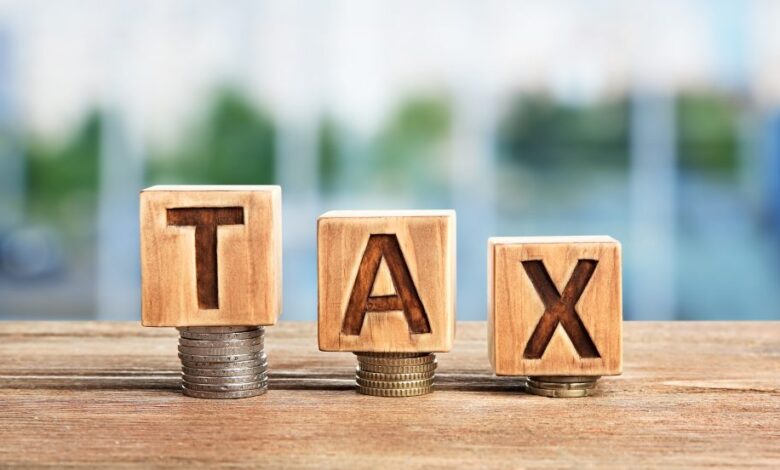
Levy tax, often termed as the "super tax," is a distinct form of taxation wielded by governments or authorized bodies, targeting individuals, businesses, or transactions. Its primary objective is revenue generation for public expenditure, funding government initiatives, and influencing economic dynamics.
Embracing various forms like income tax, sales tax, and property tax, the levy tax serves as a fiscal instrument for sustaining essential services, infrastructure, and societal functions.
Tax policies, integral to governance, undergo constant reviews and adjustments to align with evolving economic conditions. In times when federal funds from provinces dwindle, the government turns to such taxes.
Also Read: Old Enmity Turns Deadly: Two Lives Lost in Peshawar Clash
The intricacies arise in the allocation of tax burdens, with the salaried class bearing a disproportionate load compared to affluent capitalists. While taxes are collected from both salary earners and importers, a significant disparity emerges, placing a heavier toll on the lower-income group.
The present tax landscape spotlights the government's priorities, emphasizing the need for a more equitable distribution of tax burdens. A significant hurdle lies in the fact that lower-income individuals contribute more taxes than their wealthier counterparts. Whether fueling defense expenditures, servicing debts, or managing daily affairs, the government's financial requirements drive the imposition of these taxes.
The agreement with the IMF in July mandated a Rs. 60 per liter Petroleum Development Levy (PDL). This taxation framework, fundamental to governance, not only addresses fiscal needs but also reflects societal values and economic preferences.
Tax policies are dynamic tools employed by governments to achieve social and economic objectives, introducing incentives or penalties to shape economic behaviors.
Understanding levy taxes necessitates a nuanced perspective, acknowledging their non-uniform nature and diverse impacts on individuals. The tax system intricately considers economic realities, social goals, and individuals' capacity to contribute to national income. Integral to fiscal policy, levy taxes play a pivotal role in utilizing government revenues and expenditures to influence the broader economy.
The potential abolition of levy taxes is a multifaceted process, requiring legislative and administrative actions. This decision demands a delicate balance between fiscal responsibility and addressing the needs and concerns of the population.